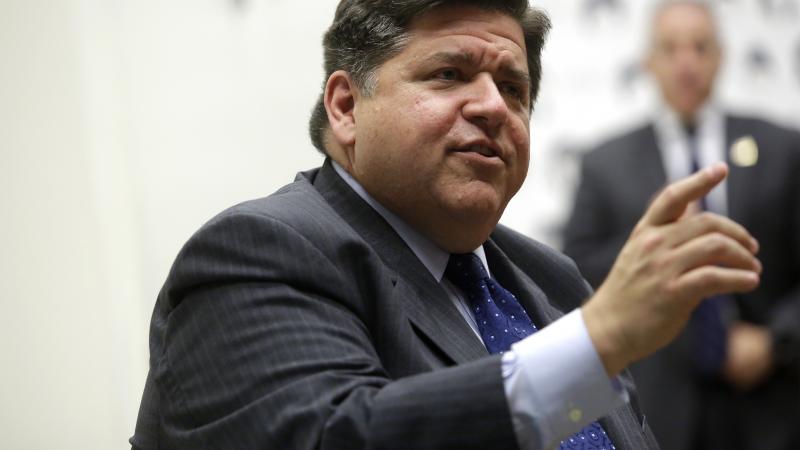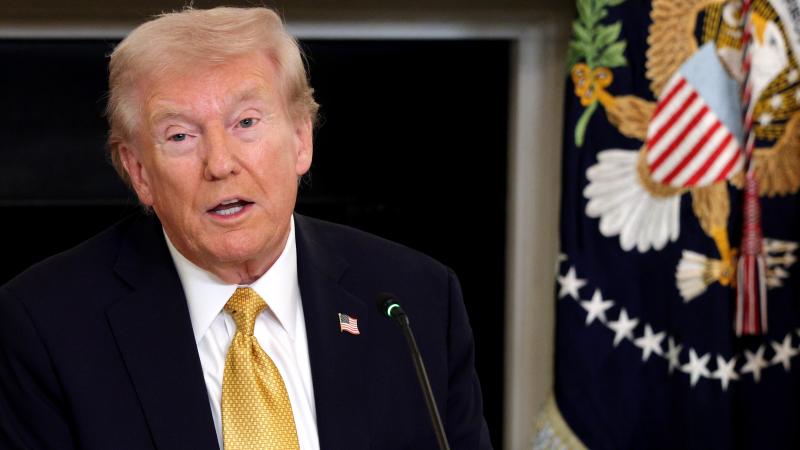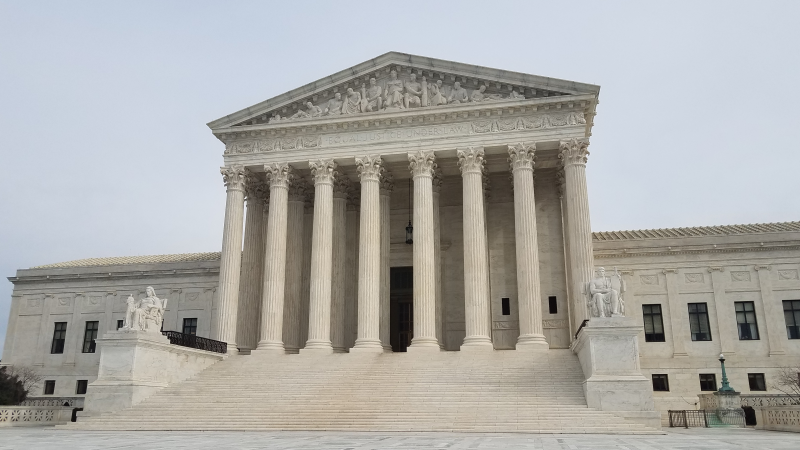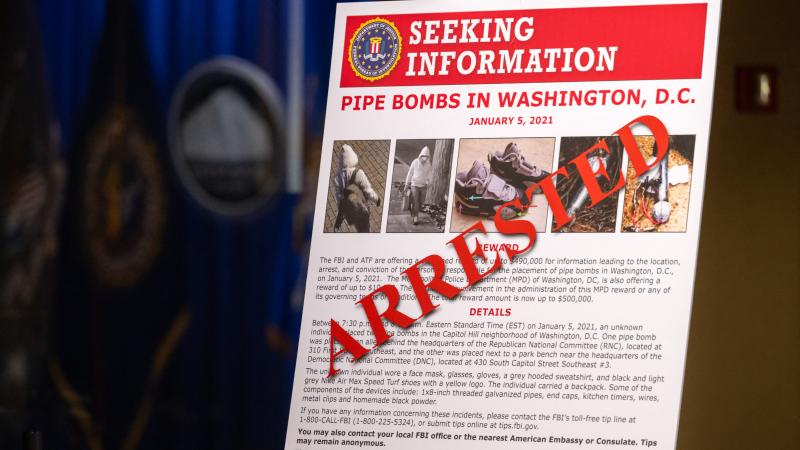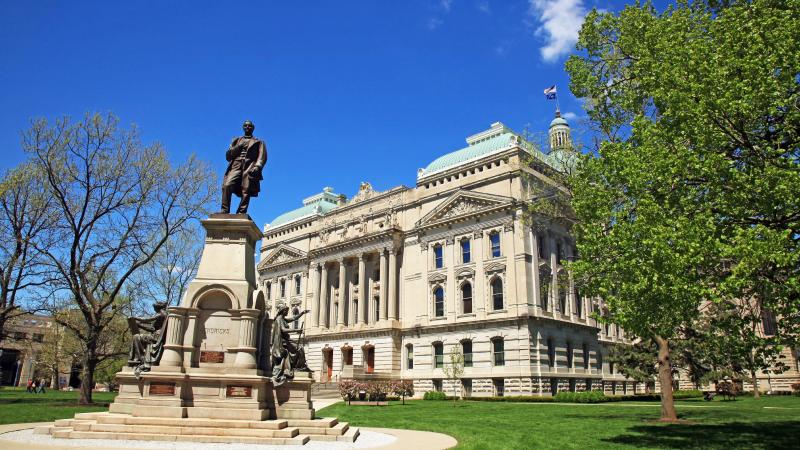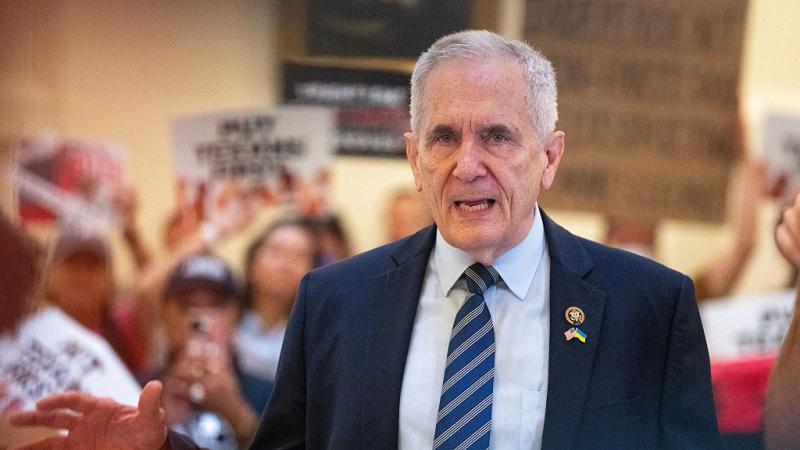Washington state Senate passes hate crime expansion bill, rejects ‘Tesla’ amendment
Opposed to the amendment was Sen. Manka Dhingra, D-Kirkland, who told colleagues that “you have to belong to that constitutionally protected class that is outlined in our laws in Washington. Making economic choices or owning a Tesla is not a protected class.”
(The Center Square) -
The Washington State Senate in a 30-19 vote passed a House bill that would expand the definition of a hate crime for the purpose of prosecution, while rejecting amendments that would have added additional protected classes to the list.
Sponsored by Rep. Cindy Ryu, D-Shoreline, House Bill 1052 would make crimes that were committed “in part of the whole” due to the perpetrator’s perception of an individuals identity including race, color, religion, ancestry, and “gender expression or identity.” The bill initially passed the House in a 61-31 vote.
However, the Senate rejected expanding the list of protected classes to include economic choice and political affiliation, which means crimes committed against individuals based on those perceptions do not constitute hate crimes. While the bill was in the House, there was debate also over whether or not trespassing on a person’s property and burning an American flag on display could be prosecuted as a hate crime.
Dubbed the “Tesla” amendment by sponsor Sen. Phil Fortunato, R-Auburn, the amendment would have added economic choice to protected classes. Speaking on the Senate floor prior to Thursday's vote, Fortunato cited the numerous frequent attacks or vandalisms that have occurred against Tesla drivers or their vehicles. In one incident in Lynwood, a driver in front of a Tesla stopped in the middle of the road, got out of their vehicle, and threatened the Tesla’s driver.
“A person makes an economic choice to buy a particular product, and because of that, they are targeted,” Fortunato said. “ It's exactly what a hate crime is. In some cases, the race or ethnicity, those people are targeted. Well, this is simply a person making an economic choice, to buy a certain product or a certain, in this case, car. So, for that reason, we can see what's happening - fire bombs and all this other stuff. That's clearly a hate crime.”
Opposed to the amendment was Sen. Manka Dhingra, D-Kirkland, who told colleagues that “you have to belong to that constitutionally protected class that is outlined in our laws in Washington. Making economic choices or owning a Tesla is not a protected class.”
However, Fortunato noted that “it is a protected class if we say it's a protective class. That's the way it is. We simply write it into law.”
Also rejected was the amendment by Fortunato to add political affiliation as a protected class.
“Now, again, we are experiencing people doing heinous acts, firebombs, this, that, all this other stuff, based on a political affiliation," he said. "They don't like somebody's political affiliation, and for some reason, they think that that gives them the right to go out and destroy property, to harass people, to do all this other stuff. Again, clearly, it is a protected class if we say it is a protective class.”
Dhingra also spoke in opposition to that amendment, arguing that “It is a protected class if you change the law against discrimination. Until the law gets discrimination where the political affiliation is a protected class, it is not one to be included in the hate crime statute. I applaud what Sen. Fortunato is trying to do, but what he is trying to change is the law against discrimination, and I will anticipate getting a bill with that change, and we can have that discussion at that point in time.”
Reiterating concerns raised during the House floor debate, Sen. Jeff Holy, R-Cheney, said “hate crimes are being established to punish state of mind.”
Sen. Jim McCune, R-Graham, said the bill is “moving a step closer to criminalizing speech,” citing a recent incident in which a high school girl in the Thurston School District sat out a basketball game due to a boy playing on the opposing team, and was then investigated for “misgendering” the boy,” according to a legal letter filed to the U.S. Department of Education.
“That is really getting really borderline to taking away our free speech,” McCune told colleagues.
The House and Senate will now have to concur on various differences in their respective versions of the bill before it can be sent to Gov. Bob Ferguson for signing.
